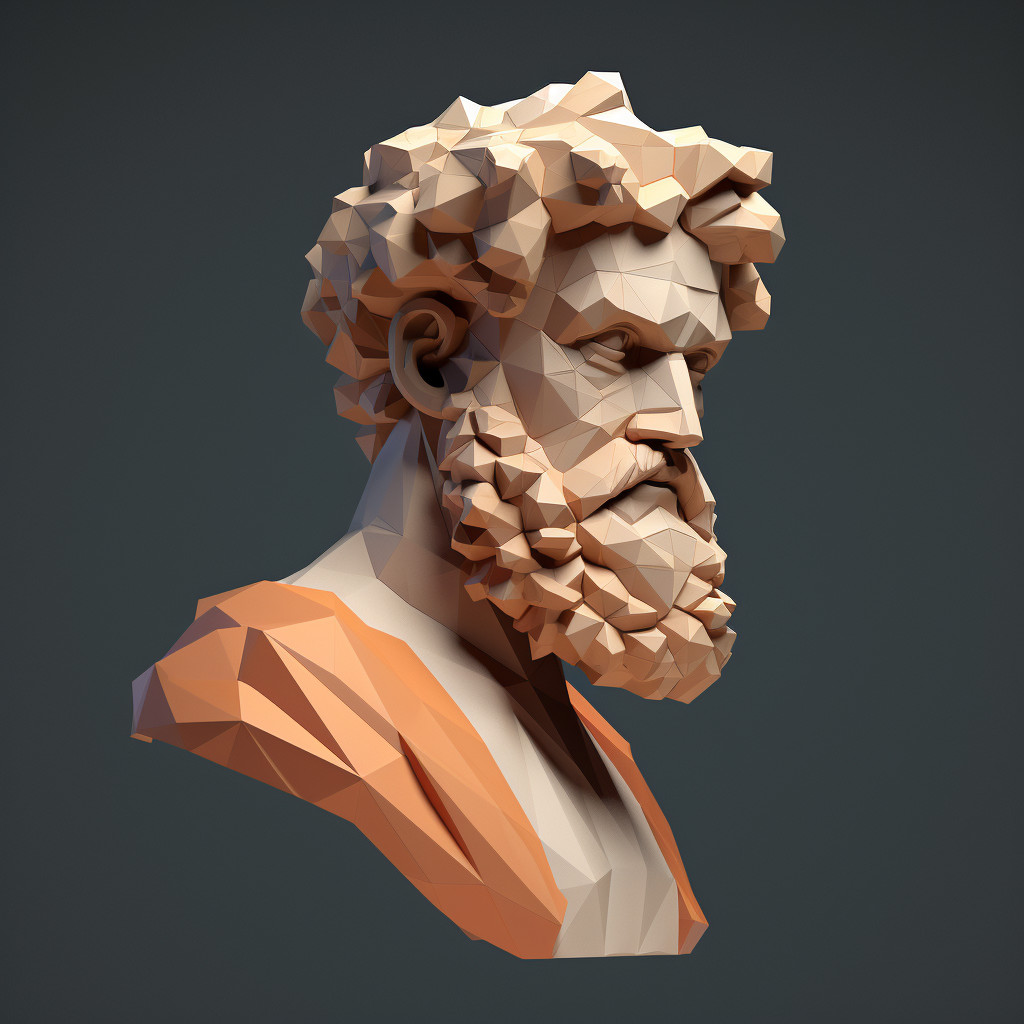The quote “For know that no one is free, except Zeus” by Aeschylus, a prominent figure in ancient Greek literature, is a profound statement about the nature of freedom and power. The quote implies that absolute freedom is a divine attribute, one that only the supreme god Zeus possesses. In Greek mythology, Zeus is the king of all gods, representing the ultimate power and authority. Thus, the quote suggests that only he who wields the ultimate power can enjoy absolute freedom.
In human society, we are all bound by laws, rules, norms, and obligations, which limit our freedom. These can be legal laws, moral and ethical norms, or social and cultural obligations. Even the most powerful leaders, monarchs, or billionaires are not free from these constraints. They are still subject to laws, they still have responsibilities, and they are still affected by public opinion. Thus, in a sense, no human being can be truly free, like Zeus.
This quote can be applied to today’s world and personal development in several ways. First, it reminds us that freedom comes with responsibility. While we all strive for more freedom, we must also understand that absolute freedom is neither possible nor desirable. Our actions always have consequences, and we must be responsible for them.
Second, the quote can inspire us to seek a balanced understanding of freedom. Instead of pursuing absolute freedom, we should aim for a freedom that respects others’ rights and the common good. This is especially relevant in today’s society, where the concept of freedom is often misunderstood or misused to justify selfish or harmful actions.
Finally, from a personal development perspective, the quote encourages us to accept limitations as a part of life. Instead of resenting our constraints, we should learn to work within them and use them as a springboard for growth and improvement. This can lead to a more fulfilling and meaningful life.










